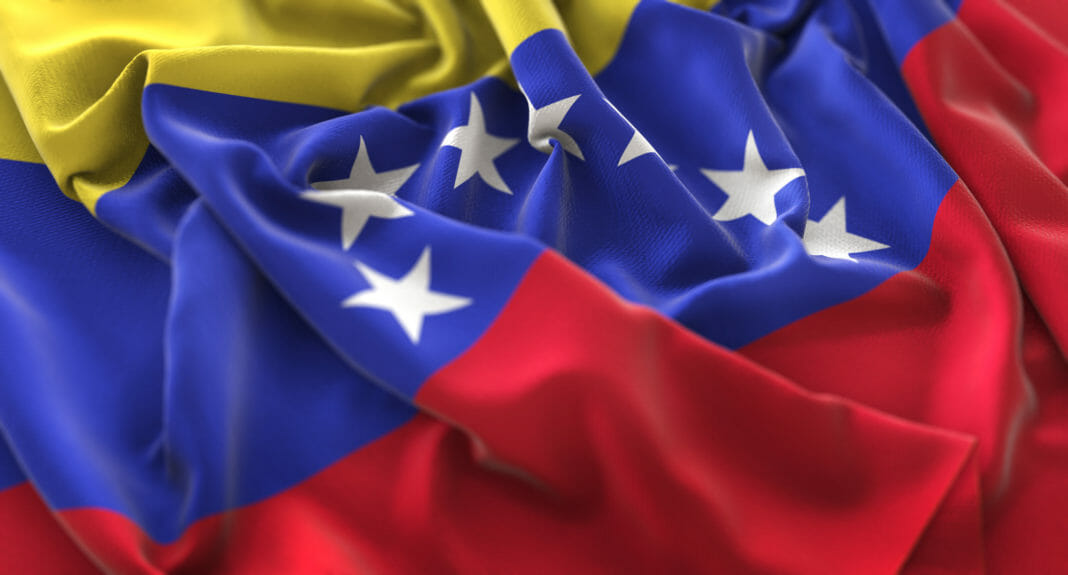“Connected Assembly” is a project for the congressmen and women to make remote deliberations. The lawmakers can vote virtually with the application VIDA.
In recent weeks, the National Assembly of Venezuela approved a project that will allow certifying, with a blockchain, the identity of those deputies that are in exile or hiding, so that they can participate remotely in the parliament’s deliberations.
The legislators modified the internal and debate regulations in the face of what will be the vote to designate the leading board of the legislative power that will be taking place on January 5th, in which the ratification of Juan Guaidó as president of the National Assembly controlled by the political opposition to Nicolás Maduro is expected.
This is a project conducted in conjunction with the Washington-based startup, Citizenz, the Organization of American States (OAS) and the Westminster Foundation. It was reported on Friday that the project, called “Connected Assembly,” is based on the VIDA mobile application, a program that will allow deputies to participate and cast their votes virtually.
At the time of writing this article, Citizenz and its co-founder, Roger Santodomingo, did not give any comments on what type of blockchain will be used and the technical details of the identity certification process.
VIDA is a digital identity platform based on artificial intelligence, mobile technology, and blockchain that will serve as an electronic government system. Each parliamentarian will have a unique QR code that will be linked to the blockchain selected for certification. As it is a blockchain registration, the identity of the deputies will be immutable and permanent.
Clash with Supreme Court
The decision of the National Assembly to modify the internal and debate regulations to implement a digital identity system based on a blockchain was rejected by the Supreme Court of Justice (TSJ), which annulled the changes, alleging that a virtual vote violates the rules of the National Constitution on the presence of parliamentarians in debates.
The deputies gave their approval to this virtual participation platform saying that, due to reasons of political persecution, a group of legislators cannot attend the sessions convened by the leading board.
The complicated political and economic landscape in Venezuela keeps the country in recession and polarized, which is reflected in a struggle for power between the National Assembly, the Supreme Court of Justice and the executive power.
Digital identity
Blockchain-based digital identity projects are common all over the world. In Latin America, there is the case of Brazil, which is investing USD 1.4 million in this type of tool.
In Europe, the government of Catalonia informed in September of this year that it will build an identity platform based on blockchain. Even the company Hyperledger, which is aimed at offering blockchain solutions, created a new infrastructure for identity management between blockchains.
Distributed ledger technology (DLT) or blockchain is original from Bitcoin as a digital system, which allows two or more people to conduct, through the Internet, transactions without the intervention of trusted third parties or intermediaries. Although its use has been extended in the world of cryptocurrencies, there is an increasing number of applications for its deployment.
By Willmen Blanco











